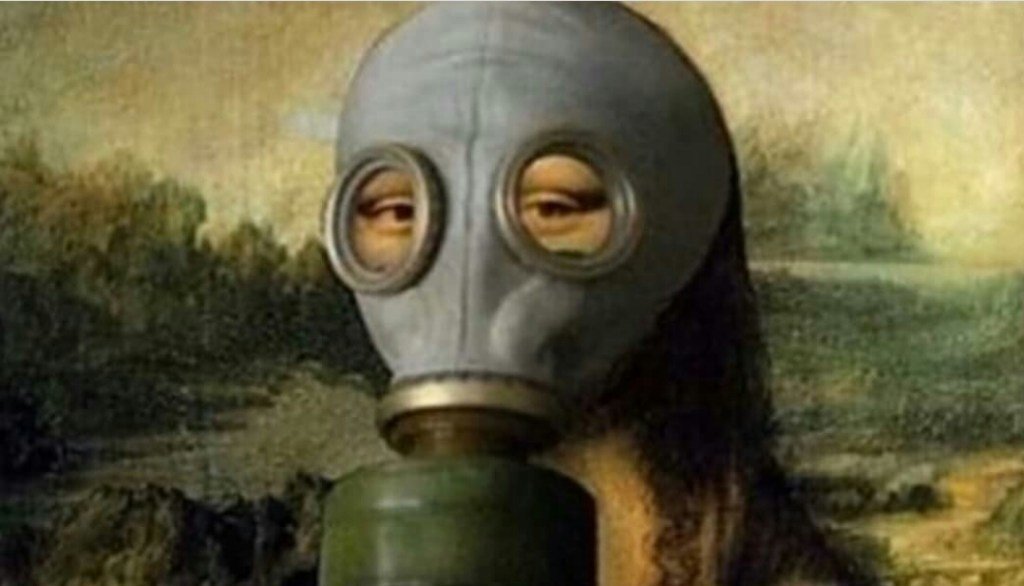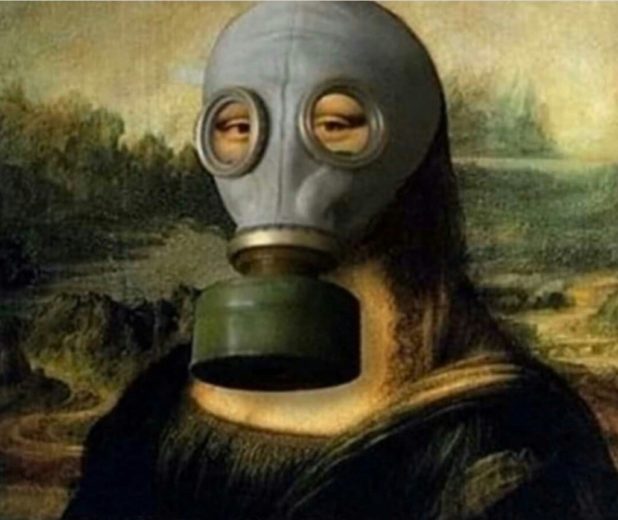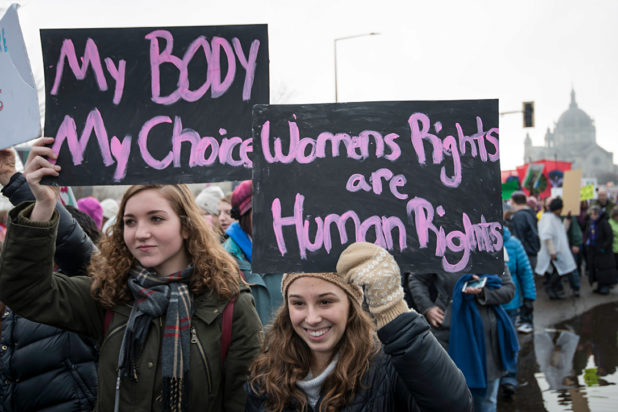Ian Birrel writes for the Daily Mail about his experience in Holland.
The key takeaways are:
- Masks are not mandatory in Holland outside public transport
- People there appear to be against masks
- The nation’s top scientists examined the research on masks multiple times and found there’s no firm evidence they work, and that they could even damage the fight against viruses
- Experts there believe masks take away from the message they consider key in fighting viruses: wash hands regularly, maintain social distancing of 1.5 metres and stay at home if you’re suffering from any symptoms
It’s a lot more reasonable than “Virus! Danger! Cover your face!”
Their position is the result of actual scientists not succumbing to the virus hysteria and actually thinking things through.
As I walked around the sun-dappled streets of Amsterdam, something felt strange in this world swept by fear and pandemic. There was laughter coming from barges sliding along the famous canals, clusters of cyclists clogged the streets, shoppers dipped into chic boutiques, the barber shops seemed busy and cafes served couples chatting over coffee.
I heard many voices of tourists in bars and restaurants, while even the seedier sides of this celebrated Dutch city had people strolling through them. It took me a moment to realise what was so weird. Then it struck me. It felt like I had stepped back in time, returning to the pre-pandemic normality of a bustling city filled with human beings whose faces were not covered by cloth.
For while 120 countries in the world, including much of Europe, have ordered citizens to wear masks in public places to prevent the spread of Covid-19, the Dutch are doing things differently.
The nation’s top scientists, having examined key data and research, have declared there is no firm evidence to back the use of face coverings. Indeed, they argue that wearing the wretched things may actually hamper the fight against disease.
‘Face masks in public places are not necessary, based on all the current evidence,’ said Coen Berends, spokesman for the National Institute for Public Health and the Environment. ‘There is no benefit and there may even be negative impact.’
This is a bold but highly controversial stance – especially as fears grow of a second wave sweeping through Europe. Last week, Downing Street joined the global stampede to enforce face masks in public spaces such as shops, supermarkets and stations, following Scotland, Spain and France, along with Holland’s neighbouring nations of Belgium and Germany.
‘We think masks have a great deal of value,’ said Boris Johnson. ‘Scientific evaluation of face coverings and their importance in stopping aerosol droplets has been growing. People should wear them in shops.’
But the Dutch disagree – to the delight of all the citizens I spoke with in Amsterdam. ‘I hate wearing them,’ said Aicha Meziati, 29, in the hip fashion store Das Werk Haus. ‘They are horrible. People look like they have nappies on their faces.’
Margriet, a 24-year-old sales assistant in a pop-up drink shop, said it was hard to read people’s facial expressions when they wore masks. ‘You make contact with people better without them and it is easier to talk to them in the store.’
Holland’s position is based on assessments by the Outbreak Management Team, a group of experts advising the government. It first ruled against masks in May and has re-evaluated the evidence several times, including again last week.
It believes they detract from a clear three-pronged message that has kept deaths from coronavirus down to less than half the rate in Britain: wash hands regularly, maintain social distancing of 1.5 metres and stay at home if suffering any symptoms.
The one exception outside of the medical frontline has been on public transport, where masks are mandatory on the basis it is difficult to stay apart on crowded buses, ferries and trains. ‘We have seen this approach works,’ said Christian Hoebe, a professor of infectious diseases in Maastricht and member of the advisory team. ‘Face masks should not be seen as a magic bullet that halts the spread.
‘The evidence for them is contradictory. In general, we think you must be careful with face masks because they can give a false sense of security. People think they’re immune from disease or stop social distancing. That is very negative.’
Hoebe, head of infectious disease control in Zuid-Limburg, the region hit hardest when the pandemic struck Holland, pointed to a Norwegian study showing 200,000 people must wear surgical masks for one week to stop a single Covid-19 case.
Yet few people have medical masks – in Britain they are rightly preserved for the NHS – while wearers routinely misuse or contaminate their coverings by fitting them incorrectly, failing to change them and touching their faces.
NOTE: they’re talking about surgical masks! Not the homemade cloth stuff that people are forced to wear in most other places.
We can assume the non-surgical ones are far less effective, because otherwise what would be the point of surgical masks being a thing if you can get the same level of protection through some random piece of cloth?
‘I was in Belgium recently and saw many people putting them beneath their noses, upside down or under chins’, says Hoebe. ‘Others stuffed them in their pockets. The effectiveness also depends on the right fabric and the mask being worn very close to the nose.’
Studies by one membrane specialist at Eindhoven University found that while the coronavirus particles are caught by an electrostatic layer in medical masks, they can penetrate bigger pores found in cotton and even vacuum cleaner bags.
The World Health Organisation has also been sceptical, warning that ‘widespread use of masks by healthy people in the community setting is not yet supported by high-quality or direct scientific evidence’.
Although changing its advice in June to back the encouragement of mask wearing in some settings, the WHO lists 11 ‘potential harms’ that range from discomfort through to self-contamination and lower compliance with more critical preventative measures.
https://twitter.com/WHO/status/1234095938555260929
As in some other European countries, Holland has seen an alarming recent rise in reported infections, which have almost doubled to 1,329 cases over the past two weeks, combined with marginally higher rates of hospitalisation and fatality.
Yet the cabinet’s advisory team says this was driven by clusters of people infecting each other at family gatherings and parties, where they would not have worn masks regardless of any changes to rules about public spaces.
…
Although two recent polls claim a majority backing use of face masks for indoor public spaces, I found people on Amsterdam’s busy shopping streets supported their government’s stand and seemed very aware of the simple rules.
‘I like it when people can decide for themselves,’ said Jesus Garcia, wielding the clippers in Barbershop Jordaan filled with mask-free staff and customers. ‘You would have to really educate people how to use them properly for safety.’
He said he had worn masks during a trip to Spain. ‘I did not feel it was really helping since people were wearing them all wrong, putting them in their pockets, placing them under their noses. It defeats the purpose.’ One customer having a trim agreed. ‘I find face masks absolutely awful. They’re claustrophobic and don’t work,’ said Mark Casey, corporate finance partner at a major accountancy firm.
Yes, we all like it when people can decide for themselves.
Or, at least, that’s what it seemed to be the case before this virus hoax.


